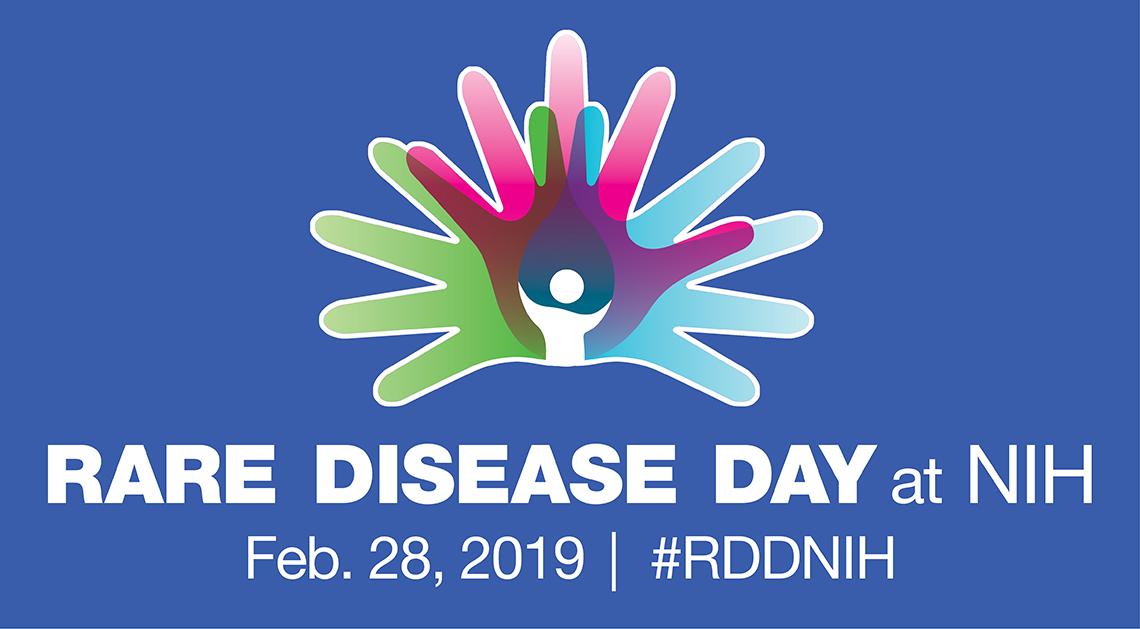NIH to Host Rare Disease Day, Twitter Chat in February

Rare diseases affect an estimated 30 million Americans. On Thursday, Feb. 28, NIH will host an event to raise awareness about these diseases, the people they affect and current research collaborations.
Sponsored by the National Center for Advancing Translational Sciences and the Clinical Center, Rare Disease Day at NIH will take place from 8:30 a.m. to 4 p.m. in Kirschstein Auditorium, Bldg. 45.
The event will feature interactive panel discussions on collective research models for rare diseases, patient registries, rare cancer research initiatives and “no disease left behind, no patient left behind.” New this year will be a presentation of the first-ever Zebbie award for the NCATS Rare Diseases Are Not Rare! Challenge. Other highlights include posters and exhibits by rare disease groups and researchers as well as artwork, videos, networking opportunities and tours of the CC. Admission is free and open to the public. In association with Global Genes, participants are encouraged to wear their favorite pair of jeans.
Learn more about Rare Disease Day at https://ncats.nih.gov/rdd. Visit https://events-support.com/events/Rare_Disease_Day to register and view the agenda. Follow the event on social media at #RDDNIH.
Prior to the event, NIH is hosting a Twitter chat on rare diseases on Friday, Feb. 22, from 1-2 p.m. The chat will feature NIH director Dr. Francis Collins, NCATS director Dr. Christopher Austin and CC CEO Dr. James Gilman as well as representatives from the rare diseases advocacy community. Join the conversation using #NIHchat and follow @ncats_nih_gov.
